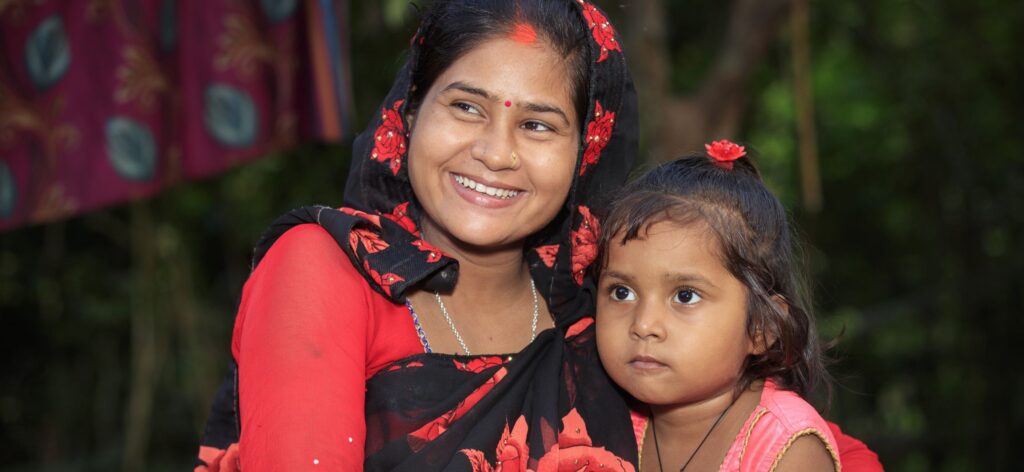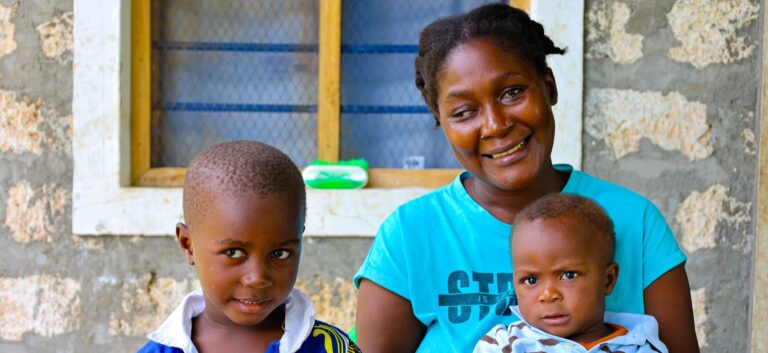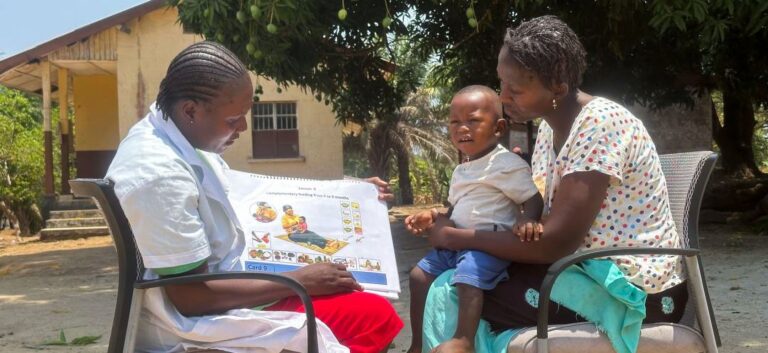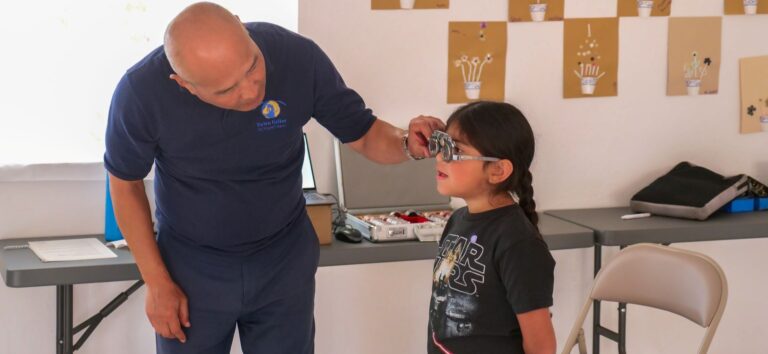BBC: Helen Keller Mobilizes Emergency Funding to Protect Life-saving Work in Nepal and Beyond
A radio feature from the BBC World Service reports on how global health organizations are responding to the loss of US government funding, highlighting Helen Keller Intl as one nonprofit that rapidly mobilized emergency support to sustain essential, life-saving health services.
The audio story details Project Resource Optimization (PRO), an extraordinary donor-mobilization effort that has secured tens of millions of dollars for global health programs impacted by this sudden funding disruption, including Helen Keller-led projects.
BBC journalist Samantha Fenwick takes listeners to Nepal, where Helen Keller leads work focused on preventing malnutrition among children in some of the country’s hardest-to-reach areas. These malnutrition intervention services were funded by USAID until the program abruptly ended earlier this year.
Fortunately, Helen Keller will soon be able to restart some of our most critical work across five districts with high rates of malnutrition in Nepal, thanks to the emergency funding received through the PRO initiative.
“When we received the stop work order, it was really, truly heartbreaking, because it came as a shock,” Helen Keller’s Nepal Country Director, Pooja Pandey, tells the BBC. “The PRO funding really helped to bridge the gap between the most essential services and the families.”
Former USAID staff founded PRO earlier this year in response to major cuts to US global health programs, identifying a vetted list of cost-effective, high-impact initiatives in urgent need of funding.
Helen Keller’s programs to prevent malnutrition in Bangladesh, Nepal, and Nigeria, as well as to treat and prevent neglected tropical diseases in Burkina Faso, Cameroon, Guinea, Mali, Niger, and Sierra Leone, were all included on PRO’s list. Today, all of Helen Keller’s PRO-vetted projects have been funded for 12 months to fill the most critical gaps, allowing our teams to resume life-saving health services that will reach millions of people worldwide.
Nevertheless, as Pooja tells the BBC, this emergency funding won’t last forever.
“We are advocating to the government to really prioritize life-saving interventions,” she says, “But the funding climate, it’s really difficult.”
With your ongoing support, we can continue to protect the health and nutrition of millions of children and families around the world.
Listen to the full story: BBC Audio | What’s next for USAID funded projects?




